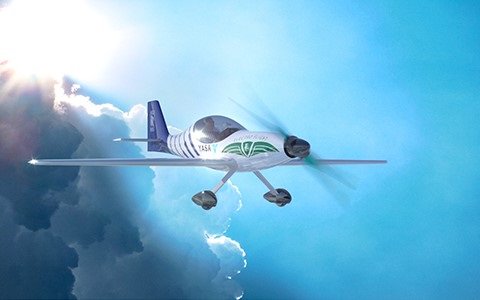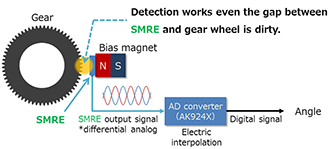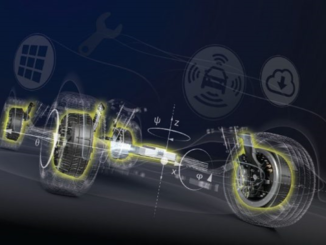
An innovative axial flux permanent magnet motor from YASA Ltd is at the heart of a development project in the UK aimed at accelerating the adoption of all-electric propulsion in aviation. Led by Rolls-Royce and funded in part by the government, the parties are working toward breaking the world speed record for electric aviation next year and establishing new breakthroughs in electric aviation technology.
Known as the ACCEL project, an acronym for Accelerating the Electrification of Flight, it will explore the use of a high-power electrical system in a demonstrator aircraft from Electroflight Ltd, a UK company which specializes in high-performance electric powertrains and energy storage systems. YASA, a manufacturer of high-power, light weight electric motors and controllers used in automotive, aerospace and industrial applications, is providing the axial flux motor.
The project is among several research and development efforts by Rolls-Royce, long a global leader in engine manufacturing and technology, to broadly embrace new modes of electric propulsion and power generation. “The increased use of electrical systems is an inescapable trend in our markets and championing electrification is a core part of our long-term strategy at Rolls-Royce.” said Rob Watson, director of electrical for Rolls Royce.

Matheu Parr, ACCEL project manager for Rolls Royce
“This plane will be powered by a state-of-the-art electrical system and the most powerful battery ever built for flight. In the year ahead, we’re going to demonstrate its abilities in demanding test environments before going for gold in 2020 from a landing strip on the Welsh coastline.” said Matheu Parr, ACCEL project manager for Rolls Royce.

Chris Harris, CEO of British electric motors company YASA, said: “We’re excited to be working with Rolls-Royce on integrating our high-power, light weight electric motors into a pure electric demonstrator aircraft. Thanks to our innovative axial-flux design, YASA can deliver the smallest, lightest electric motors for a given power and torque -opening up new and exciting opportunities for electrification in aerospace.”
3 Permanent-Magnet Axial Flux Motors

YASA 750R axial flux motor
For the record attempt, ACCEL will use three 750R lightweight e-motors designed and manufactured by YASA. Combined, these power-dense motors will continuously deliver more than 500 horsepower to the propeller at a rate which generates significantly lower revolutions per minute in spin than with a conventional airplane. This allows the propeller blades to spin at a far lower rate, delivering a much more stable and quieter ride.
The YASA 750 R is a lower-speed, high-torque motor with impressive torque and power densities. says the company. It offers 790Nm of peak torque, 200kW of peak power, and a speed range of 0-3250rpm all within an axial length of just 98mm. It has been developed from the company’s 750 model and features a revised mechanical design for easier installation and integration, including additional mechanical strength and rigidity. These characteristics make it ideally suited to direct drive traction and mobile generation applications.
In its proprietary yokeless and segmented armature, the armature windings consist of separate segments ideally suited to mass manufacture with minimal application engineering. Compared to the complex, multiple slot windings of conventional motors, the motor’s segmented armature lends itself to low cost, the serial production. The axial flux approach uses less materials such as copper, iron and permanent magnet than conventional motors, resulting in a significantly lower materials cost. All this leads to a topology that is well suited for automated volume production while providing a smaller, lighter, lower cost motor in volume than any conventional motors in the class, says the company. It has a portfolio of patents and patent applications covering the key subsystems including rotor and stator.
Its 750, P400 Series and 400 axial flux motors achieve power densities of up to 10kW/kg. The axial flux design enables high power densities to be achieved at relatively low speeds ranging from 2000-9000rpm, making the motors particularly suited to hybrid and generation applications.

Dr. Tim Woolmer
A technology spin-out from Oxford University, YASA was founded on an innovative approach to the design and manufacture of electric motors and controllers. Dr. Tim Woolmer, its founder and chief technical officer, developed the company’s motor topology during his graduate work at Oxford. The company’s headquarters are in Kidlington near Oxford.


A year ago, the company opened a production facility in Oxford capable of manufacturing 100,000 units per year. This followed the signing of several long-term supply contracts in the automotive sector and additional venture funding, bring the company’s total raise to about $45M US. funding partners include UK venture capital companies Universal Partners and ParkWalk Advisors.
For more information, see www.Yasa.com



